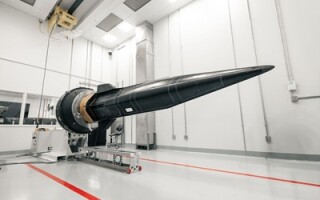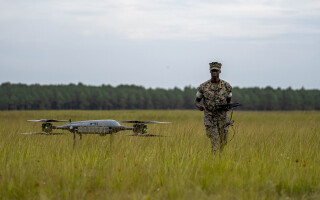Battlefield data sharing to be enhanced with Army cybersecurity research
NewsOctober 29, 2020

ADELPHI, Md. U.S. Army researchers have developed a tool that will aim to enhance warfighter data sharing across various platforms by addressing cyber, physical, and cyber-physical threats, and making privacy-preserving data sharing easier for the warfighter.
The research, supported by the U.S. Army Combat Capabilities Development Command’s Army Research Laboratory’s Cybersecurity Collaborative Research Alliance, the National Science Foundation, Siemens, Google and JP Morgan Chase, also has the potential to help create realistic training testbeds for network security engineers without exposing sensitive real data, researchers claims.
Army researchers used findings from Carnegie Mellon University and IBM studies that explored if and how generative adversarial networks (GANs) can be used to incentivize data sharing in privacy-sensitive settings by enabling a generic framework for sharing synthetic datasets with minimal expert knowledge.
The researchers developed a tool called DoppelGANger, which models time series data and evaluates it on networking- and systems-relevant datasets. As a specific target, the focus of this research is on time series datasets with metadata.
With DoppelGANger, the researchers demonstrated that across diverse real-world datasets and use cases, DoppelGANger achieves up to 43% better fidelity than state-of-the-art baseline models. According to researchers, DoppelGANger can be used to share data between divisions of an organization that are not able to directly share information due to privacy or security restrictions.





